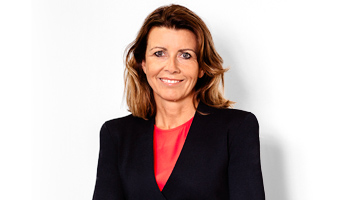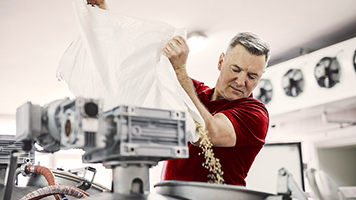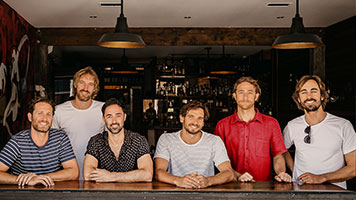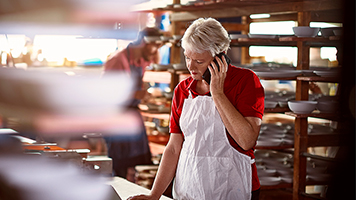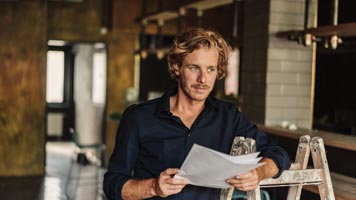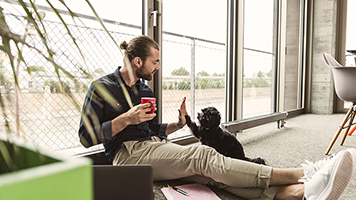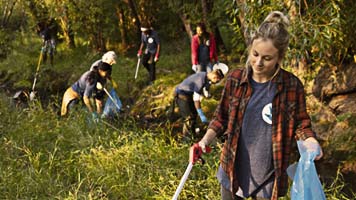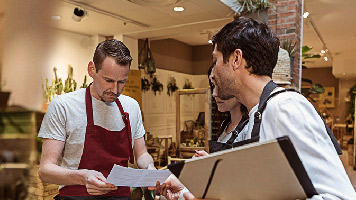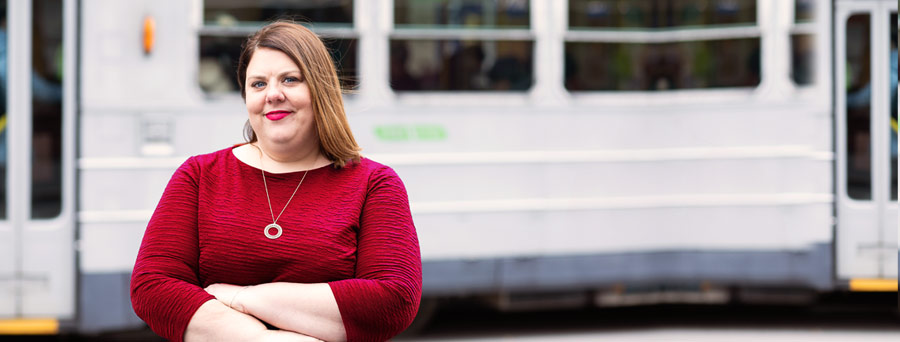
Running your business
Looking for tips to help run your business? Whether you need solutions for insuring your business or protecting your business from fraud, we're here to help.
Operating your business during COVID-19
Communicating with your customers
Managing staff and working remotely during COVID-19
Daily operations
Invoicing your customers
Managing your people
Insuring and protecting your business
Getting back on your feet financially
Explore our resources and tools aimed at helping you recover and get back on track after tough times.
Things you should know
This information does not take into account your personal circumstances and is general. It is an overview only and should not be relied upon. The information provided should be used as a guide only. We recommend that you seek independent professional advice about your specific circumstances.

